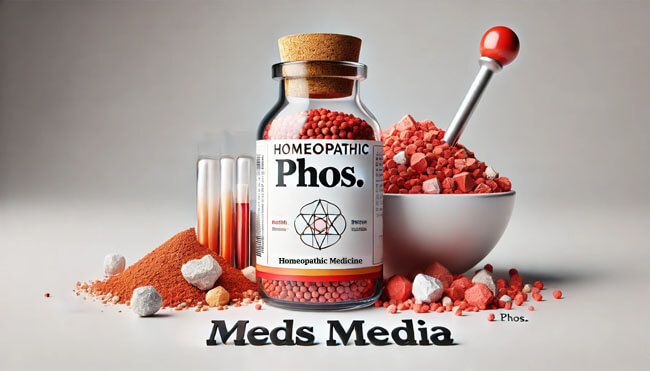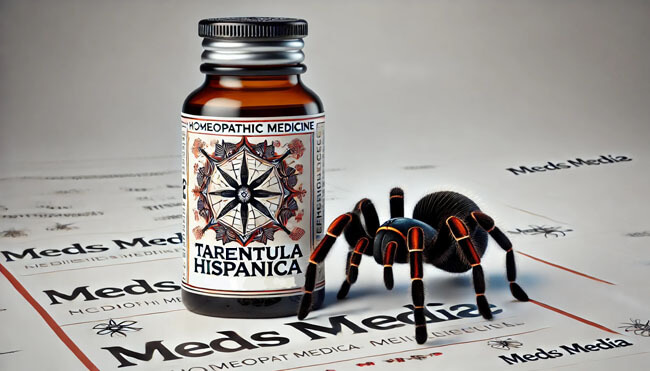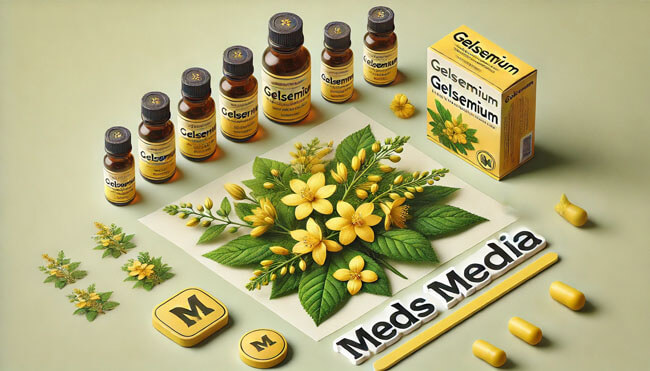
Introduction: Antimonium Crudum, derived from black sulfide of antimony, is a well-known remedy in homeopathy, primarily indicated for those with notable gastric disturbances, skin conditions, and unique emotional imbalances. The personality profile of Antimonium Crudum (Ant. Crud.) includes a mix of irritability, sensitivity, and gastric discomfort, making it suitable for individuals whose mental and physical symptoms align with these traits. Its remedy picture extends to those suffering from conditions aggravated by heat, cold bathing, overeating, and specific emotional triggers.
Antimonium Crudum Personality
The Antimonium Crudum personality is typically characterized by marked irritability, emotional sensitivity, and aversion to any form of attention or social interaction. These individuals often appear sullen, peevish, and easily vexed. They dislike being touched or even looked at, and their irritability extends to both mental and physical discomfort. Alongside their emotional state, they display a variety of physical symptoms, particularly in the digestive system, skin, and respiratory tract, with their complaints often triggered by dietary indiscretions and environmental factors like heat or cold.
Mental and Emotional Characteristics
The key mental and emotional traits of the Antimonium Crudum personality revolve around irritability, mood swings, and dissatisfaction:
- Irritability and Contradictory Nature: Individuals needing Antimonium Crudum are often emotionally unstable, becoming easily angered and upset over minor issues. They tend to be sulky and discontented, never satisfied with what is done for them.
- Sensitivity to Attention: These individuals dislike any form of attention, be it being touched or even looked at. This can manifest as anger and frustration when others try to help or console them.
- Sentimental and Melancholic Mood: Although irritability dominates, they may also exhibit phases of deep sentimentality or sadness. These moods often arise without any obvious cause and contribute to their overall peevish and vexed demeanor.
- Concerned about their fate: Another emotional hallmark of Antimonium Crudum is a profound concern for their future, often preoccupied with thoughts about their fate, further adding to their irritable state.
Physical Characteristics
The physical traits associated with Antimonium Crudum are as varied as the emotional ones, but most often, they relate to gastric disturbances and skin conditions:
- Digestive Issues: The most defining physical aspect is their gastric discomfort. Symptoms like nausea, vomiting, constant belching, and bloating after meals are typical. There’s often a loss of appetite, a strong desire for acidic foods (pickles, vinegar), and intolerance to rich foods such as bread and pastries. These gastric symptoms are frequently accompanied by a thickly coated white tongue.
- Skin Conditions: Antimonium Crudum individuals tend to suffer from various skin conditions, including eczema, pimples, and pustules, especially on the face. Their skin may become dry, scaly, and prone to forming hard, thick, honey-colored scabs. Sensitivity to both cold and warm environments, as well as cold bathing, aggravates their skin problems.
- Joint and Arthritic Pain: Another common physical trait is arthritic pain, particularly in the fingers, which may also affect nails, causing them to become brittle and misshapen. They may experience twitching or jerking in their limbs and weakness in the hands.
- Respiratory Complaints: The remedy is also indicated for respiratory issues like hoarseness, loss of voice, and coughing, particularly when moving from a cold environment to a warm one. There may be a burning sensation in the chest, and symptoms tend to worsen with overexertion or overheating.
Behavioral Patterns
- Aversion to Bathing and Water: One of the peculiar behaviors of those needing Antimonium Crudum is their aversion to bathing. Cold baths, in particular, exacerbate their symptoms, leading to a heightened state of discomfort, both physically and emotionally.
- Dislike for Heat and Sun: Another notable characteristic is their intolerance to heat. Whether it’s the heat of the sun or a warm room, they become physically and emotionally worse, often feeling restless, oppressed, and agitated.
- Lack of Pain Where Expected: Strikingly, individuals with the Antimonium Crudum profile may exhibit a lack of pain in conditions where pain would typically be expected. This absence of pain can be a guiding symptom in their overall clinical picture.
Associated Diseases
The Antimonium Crudum remedy is often used in cases where the following conditions are present:
- Gastric Complaints: Dyspepsia, heartburn, nausea, and vomiting, particularly following the intake of acidic or rich foods.
- Skin Diseases: Eczema, pimples, pustules, and hard scabs are common. The remedy also addresses skin issues aggravated by cold or heat exposure.
- Gout: Especially when gastric symptoms are also present, Antimonium Crudum can be indicated for gout that has metastasized to the stomach and intestines.
- Arthritic Conditions: Pain in the joints, especially fingers, with associated swelling, as well as nail deformities.
- Respiratory Conditions: Cough, hoarseness, and loss of voice due to environmental changes or overexertion.
Miasmatic Personality of Antimonium Crudum
In homeopathy, miasms represent underlying disease patterns that predispose individuals to certain health conditions. The Antimonium Crudum personality is often linked to the sycotic miasm, which is characterized by overgrowth and excess. This is seen in the remedy’s tendency to address conditions involving excessive skin growth (warts, horny excrescences) and an increased tendency to gain weight or suffer from metabolic imbalances. Moreover, the irritability, stubbornness, and gastric discomfort seen in this remedy align with the sycotic disposition of internal congestion and repression.
Conclusion
The Antimonium Crudum personality reflects a complex interplay between irritability, sensitivity, and digestive disturbances. It is a remedy for individuals who struggle with social interactions, become easily vexed, and suffer from gastric complaints and skin eruptions aggravated by dietary and environmental factors. These traits are woven into the mental, emotional, and physical characteristics of the remedy, making Antimonium Crudum a valuable tool in homeopathic practice for treating specific conditions rooted in emotional and physical sensitivity.
For those in homeopathic education, understanding the intricate profile of the Antimonium Crudum personality aids in identifying individuals who would benefit from this remedy, particularly when their symptoms follow the peculiarities described in the Materia Medica.
Why Meds Media guides are different
We focus on clear, practical explanations of homeopathic and natural health topics so you can understand remedies, symptoms, and lifestyle changes in simple language.
Meds Media is an educational resource only. Always consult a qualified doctor or homeopathic practitioner before starting, stopping, or changing any treatment.
Similar Posts You may also like
Zincum Picricum Homeopathic Medicine & Personality | Uses, Benefits & Indications
Zincum Phosphoricum Homeopathic Medicine & Personality | Uses, Benefits & Indications
Zincum Iodatum Homeopathic Medicine & Personality | Uses, Benefits & Indications
Zincum Bromatum Homeopathic Medicine & Personality | Uses, Benefits & Indications
Zea Homeopathic Medicine & Personality | Uses, Benefits & Indications
Zincum Aceticum Homeopathic Medicine & Personality | Uses, Benefits & Indications
Zincum Cyanatum Homeopathic Medicine & Personality | Uses, Benefits & Indications
Zincum Muriaticum Homeopathic Medicine & Personality | Uses, Benefits & Indications
Zincum Oxydatum Homeopathic Medicine & Personality | Uses, Benefits & Indications
Zincum Sulphuricum Homeopathic Medicine & Personality | Uses, Benefits & Indications

Phosphorus Homeopathic Medicine & Personality | Uses, Benefits & Indications
Causticum Homeopathic Medicine & Personality | Uses, Benefits & Indications

Veratrum Viride Homeopathic Medicine & Personality | Uses, Benefits & Indications

Spongia Tosta Homeopathic Medicine & Personality | Uses, Benefits & Indications

Zingiber Officinale Homeopathic Medicine & Personality | Uses, Benefits & Indications

Sulphur Homeopathic Medicine & Personality | Uses, Benefits & Indications

Tarentula Hispanica Homeopathic Medicine & Personality | Uses, Benefits & Indications


